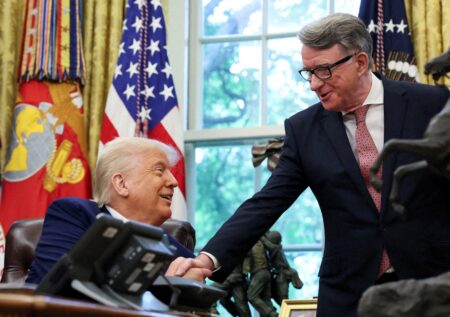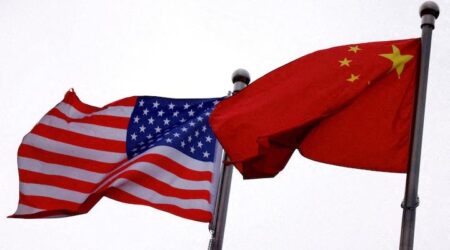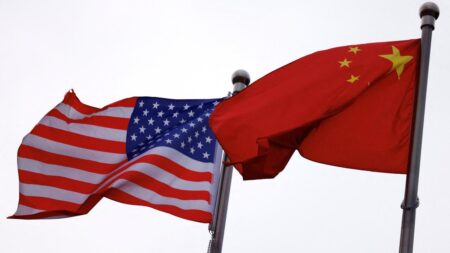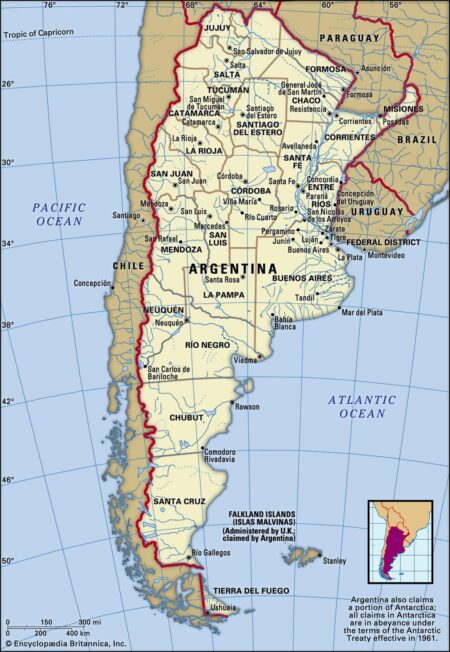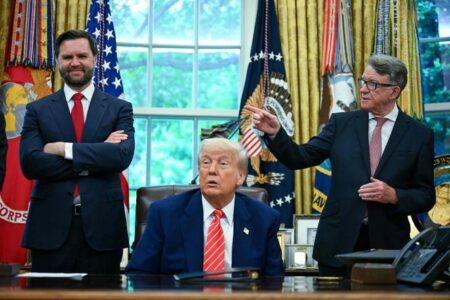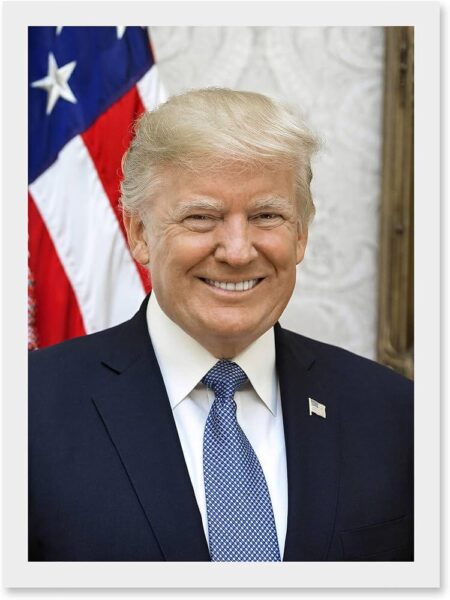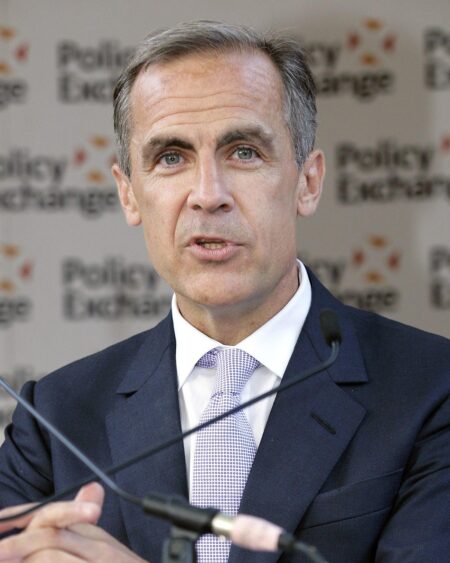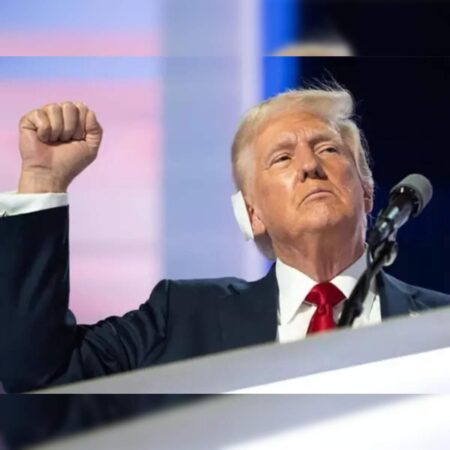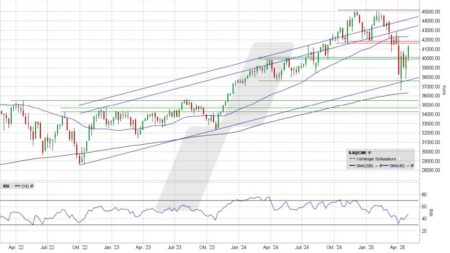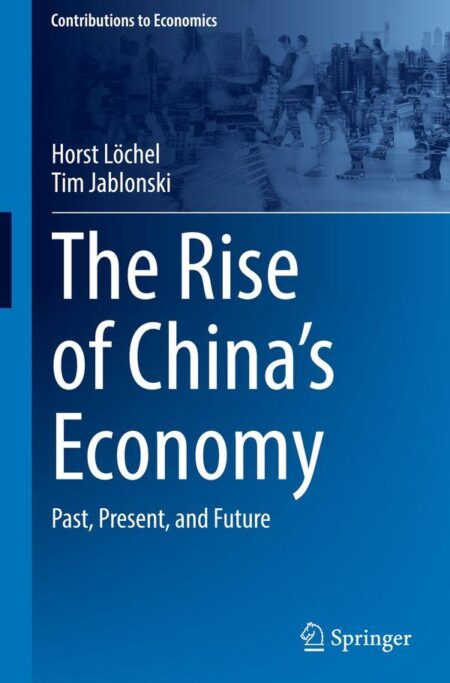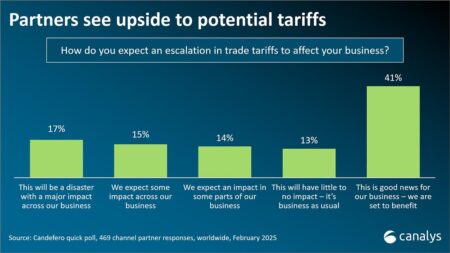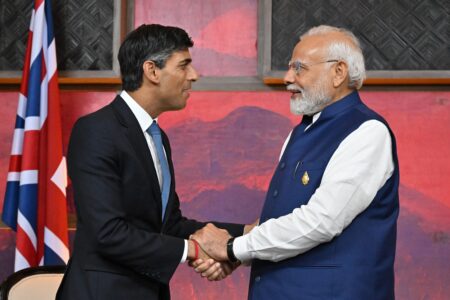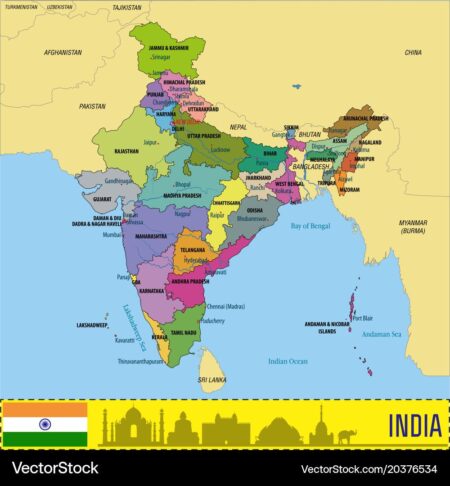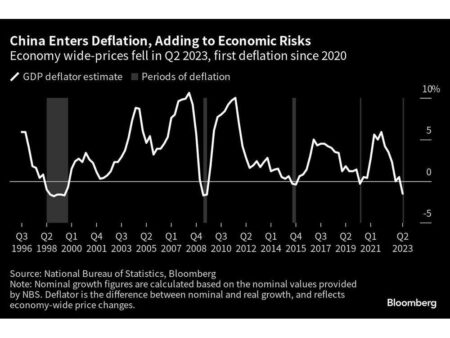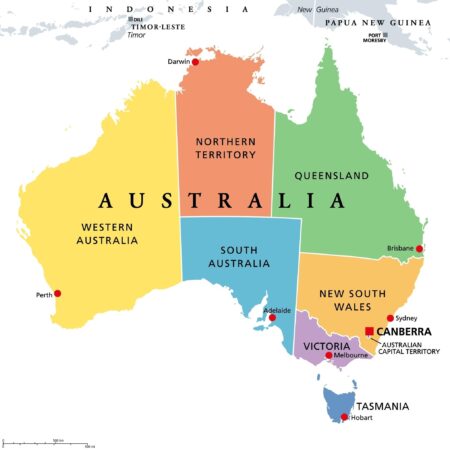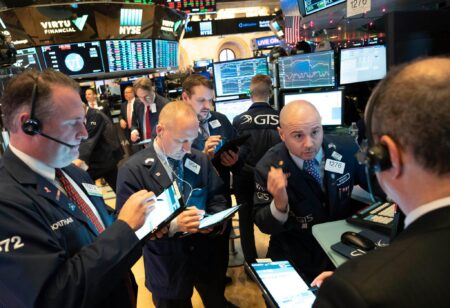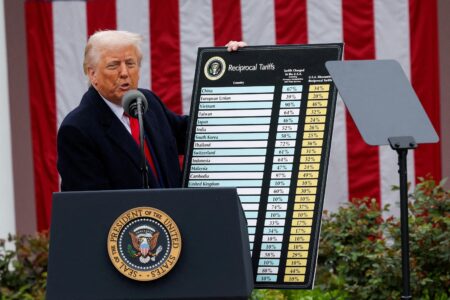The recent U.K. trade deal has sparked a wave of concern among American consumers, as critics voice their fears that it places corporate interests above the well-being of the public. Analysts are sounding the alarm, suggesting that this agreement may result in soaring prices and diminished regulatory safeguards for U.S. products.
Browsing: global economy
Investors greeted the US-China tariff truce with enthusiasm, as the easing of trade tensions sparked a wave of optimism across global markets. Yet, analysts are sounding a note of caution, highlighting that the journey toward a comprehensive agreement is riddled with uncertainties. The ultimate outcome remains closely watched and open to interpretation.
In an exciting development, China is poised to boost its investments in Brazil by a staggering $27 billion, as revealed by President Lula. This strategic initiative is designed to fortify economic connections and elevate collaboration in key areas such as infrastructure and energy, marking a significant step towards a dynamic partnership.
Argentina has triumphantly secured a staggering $42 billion in funding from the International Monetary Fund and various other sources, signaling a bold new chapter in its economic policy. By lifting long-standing currency controls, the country is taking decisive steps to stabilize its economy amidst persistent financial challenges. This pivotal move could pave the way for renewed growth and prosperity.
The newly forged US-UK tariffs agreement is set to pave the way for smoother trade relations by slashing tariffs on essential goods. In a bid to bolster their economic partnership in the wake of Brexit, both countries are focused on fostering mutual growth and prosperity. It’s crucial for businesses to stay updated on how these changes will impact their exports and imports.
In a statement after the inaugural day of trade talks, President Trump declared that “great progress” has been achieved in negotiations with China. These discussions are focused on easing ongoing trade tensions and fostering a more beneficial economic partnership between the two nations.
As former Bank of Canada Governor Mark Carney gears up for his meeting with Donald Trump, he’s in for a dynamic exchange filled with economic insights and potential policy debates. Expect lively discussions on crucial topics like trade, climate change, and the ever-evolving global financial landscape as both leaders tackle the intricate challenges facing our world today.
As trade tensions rise, President Trump’s negotiations with China, Canada, Japan, and other pivotal nations hang in the balance. Although some talks hint at progress, deep-seated differences loom large, threatening to unravel potential agreements that are vital for the stability of global markets.
Dow Jones futures surged as investors eagerly anticipated fresh U.S.-China trade discussions. Excitement is in the air as all eyes turn to Federal Reserve Chairman Jerome Powell, whose forthcoming remarks could sway market sentiment amidst the backdrop of ongoing economic uncertainty.
China’s economy is under the microscope as vital data becomes increasingly elusive, sparking worries among analysts. The Wall Street Journal emphasizes the difficulties in gauging economic vitality when key statistics are disappearing, making it harder to predict trends and formulate effective policies
As tariffs and economic uncertainty cast a shadow over Canadian exports to the U.S., businesses are making bold moves toward new horizons. Companies are actively seeking out exciting opportunities in Asia and Europe, aiming to diversify their portfolios and reduce the risks tied to reliance on the U.S. market.
The UK and India have just sealed a landmark trade deal, designed to fortify their economic partnership in the face of rising U.S.-led tariff tensions. This exciting agreement is set to enhance trade relations and unlock fresh market opportunities for both countries.
India is set to overtake Japan as the world’s fourth largest economy by 2025, as revealed by the International Monetary Fund (IMF). This remarkable achievement highlights India’s swift economic ascent, driven by robust consumer demand and innovative reforms.
China’s bold move to redirect exports originally destined for the U.S. aims to strengthen its domestic market, but analysts caution that this strategy could lead to deeper deflation. With demand dwindling, the risk of a prolonged economic slowdown looms larger, sparking worries about both internal stability and the ripple effects on global trade
Australia’s re-elected government has made it clear that steering through the turbulent waters of the US-China trade war is its foremost priority. Leaders are passionately highlighting the importance of strengthening ties with both economic powerhouses, all while fiercely protecting Australia’s interests in this climate of escalating tensions.
Stunning satellite images have revealed Huawei’s cutting-edge chip production facilities nestled in China, showcasing the company’s remarkable advancements in technology even amidst persistent sanctions. This exciting development highlights Huawei’s unwavering dedication to bolstering its semiconductor capabilities while navigating global scrutiny.
Wall Street stocks surged as strong economic data ignited investor enthusiasm, sparking optimism for a revival in U.S.-China trade discussions. Analysts highlighted that this upbeat sentiment could drive market momentum in the weeks ahead, even as global uncertainties linger.
As shipments from China dwindle, the effects of Trump’s tariffs are still echoing throughout the U.S. economy. Experts caution that ongoing trade tensions may stifle growth, posing challenges for both businesses and consumers as inflation worries mount.
In a surprising turn of events, Zoho has put the brakes on its bold $700 million chipmaking venture in India. This move represents a major hurdle for the country’s ambitions to enhance semiconductor production. As a result, questions loom over the future of India’s tech manufacturing dreams.
Argentina’s recent bailout, orchestrated with the help of the IMF, highlights the significant role that political connections play in shaping economic choices. With Trump’s allies applying pressure, the burden of compliance could weigh heavily on everyday Argentinians, sparking crucial discussions about accountability and national sovereignty.

